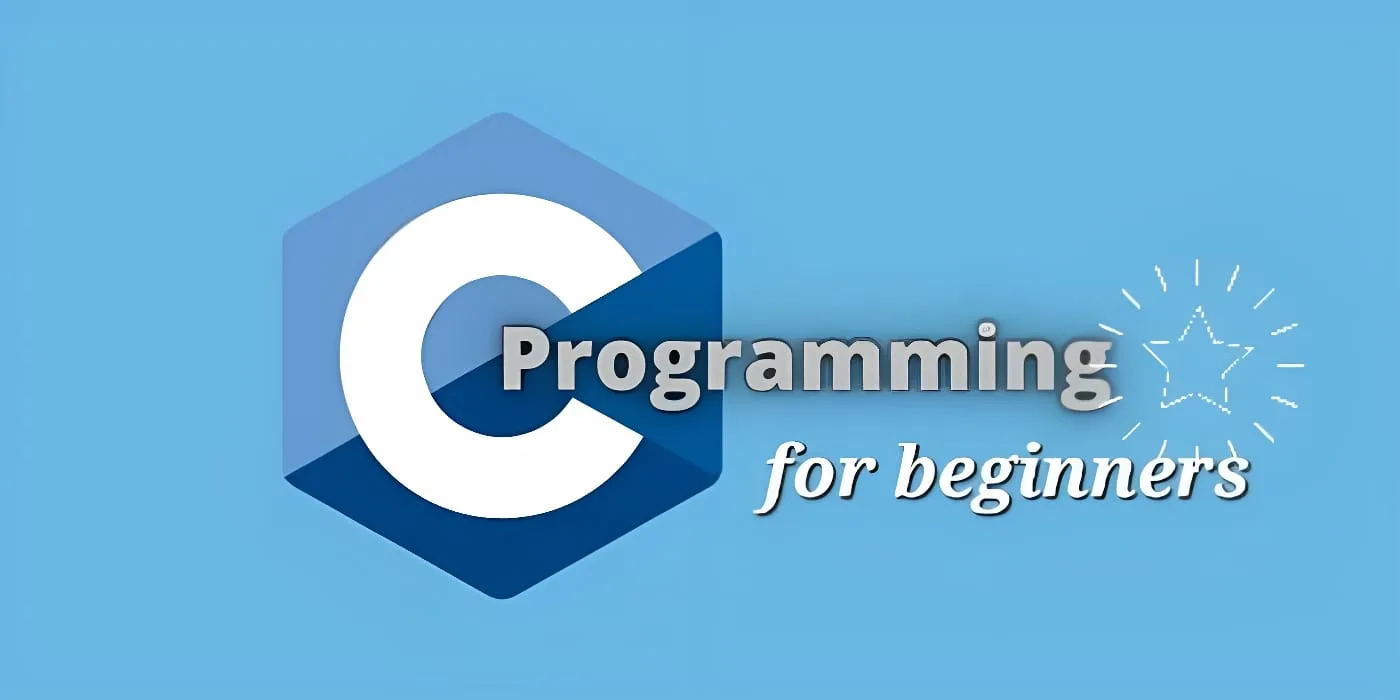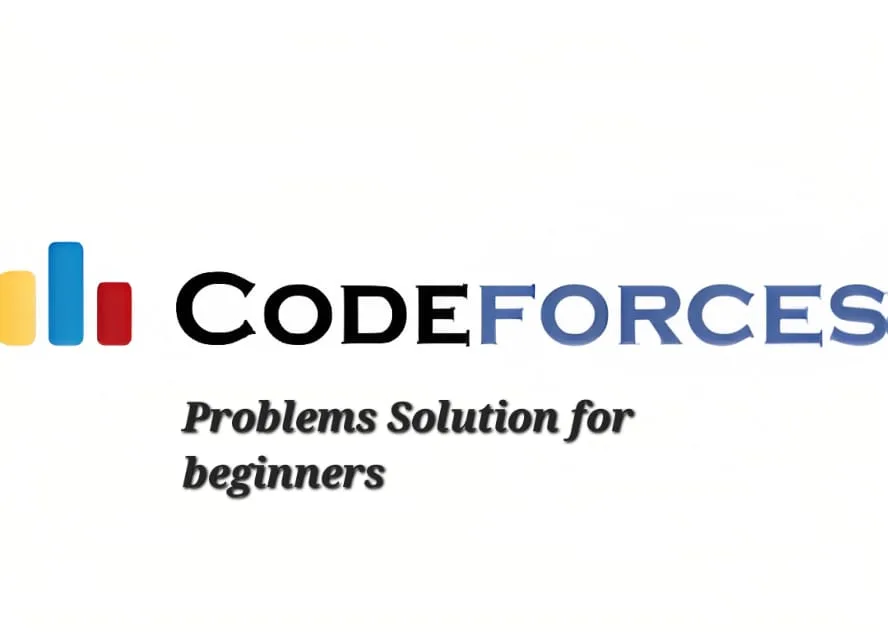Important topics in the C programming language:
- Basics of C Programming: This includes understanding the syntax, data types, variables, operators, and control statements of the C language.
- Functions: Functions are a fundamental concept in C programming. They allow you to group related code together and are used extensively for code reusability.
- Pointers: Pointers are variables that store memory addresses. They are a powerful feature of the C language and are used extensively for efficient memory management.
- Arrays: An array is a collection of elements of the same data type, stored in contiguous memory locations. Arrays are used to store multiple values of the same data type.
- Strings: Strings are sequences of characters. In C, strings are represented as arrays of characters, with a null character at the end.
- Structures: Structures are used to group related data together. They are similar to arrays but can store different data types.
- File Input/Output: File input/output is used to read and write data to and from files. This is an important concept in C programming, as it allows you to work with external data sources.
- Dynamic Memory Allocation: Dynamic memory allocation is the process of allocating memory at runtime. This is done using the malloc() and free() functions, and is used extensively in C programming.
- Recursion: Recursion is a technique in which a function calls itself. This is a powerful tool for solving problems that can be broken down into smaller sub-problems.
- Preprocessor Directives: Preprocessor directives are special commands that are processed by the preprocessor before compilation. They are used to include header files, define macros, and conditional compilation.
These are some of the important topics in the C programming language. Mastering these concepts will help you become proficient in C programming.






